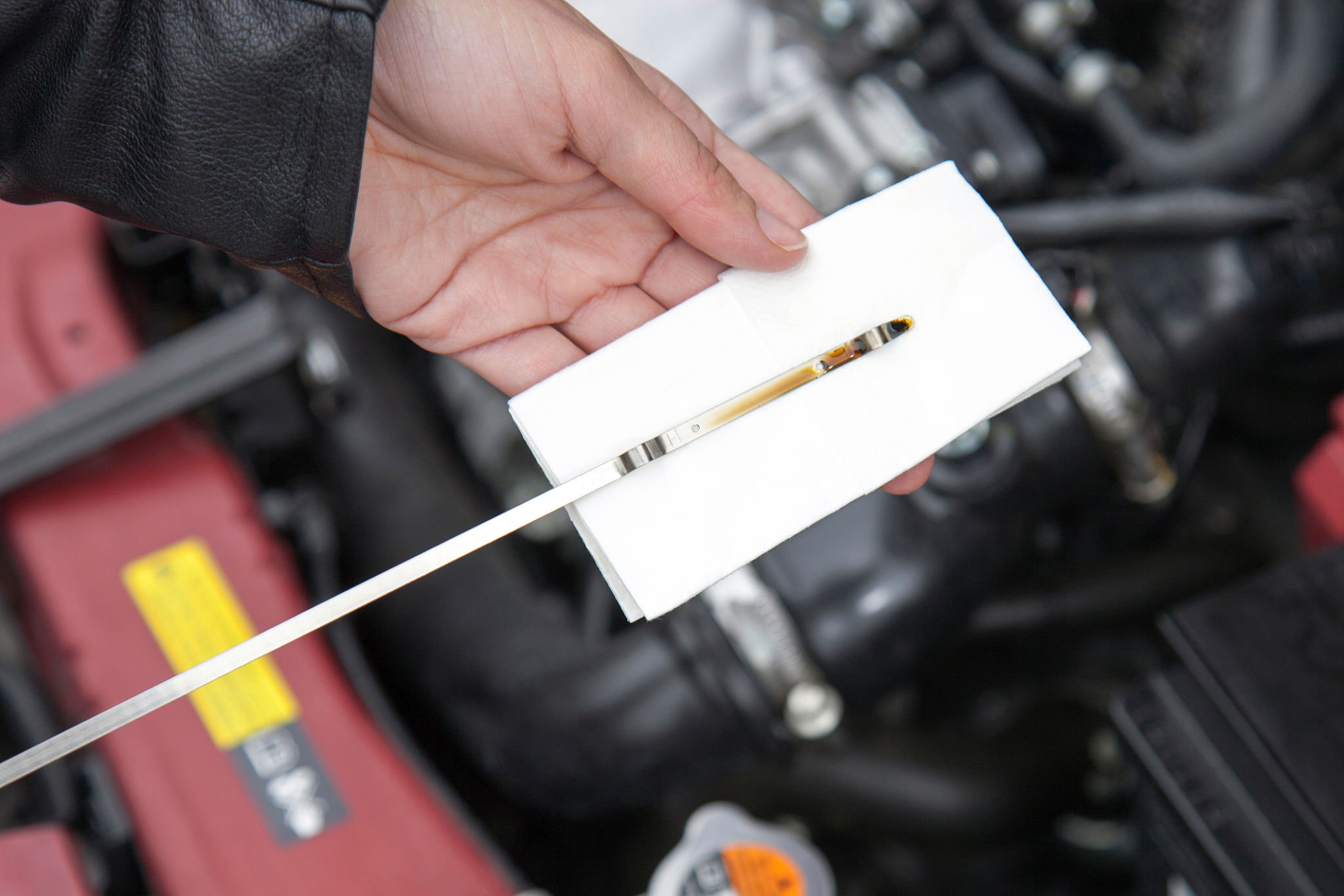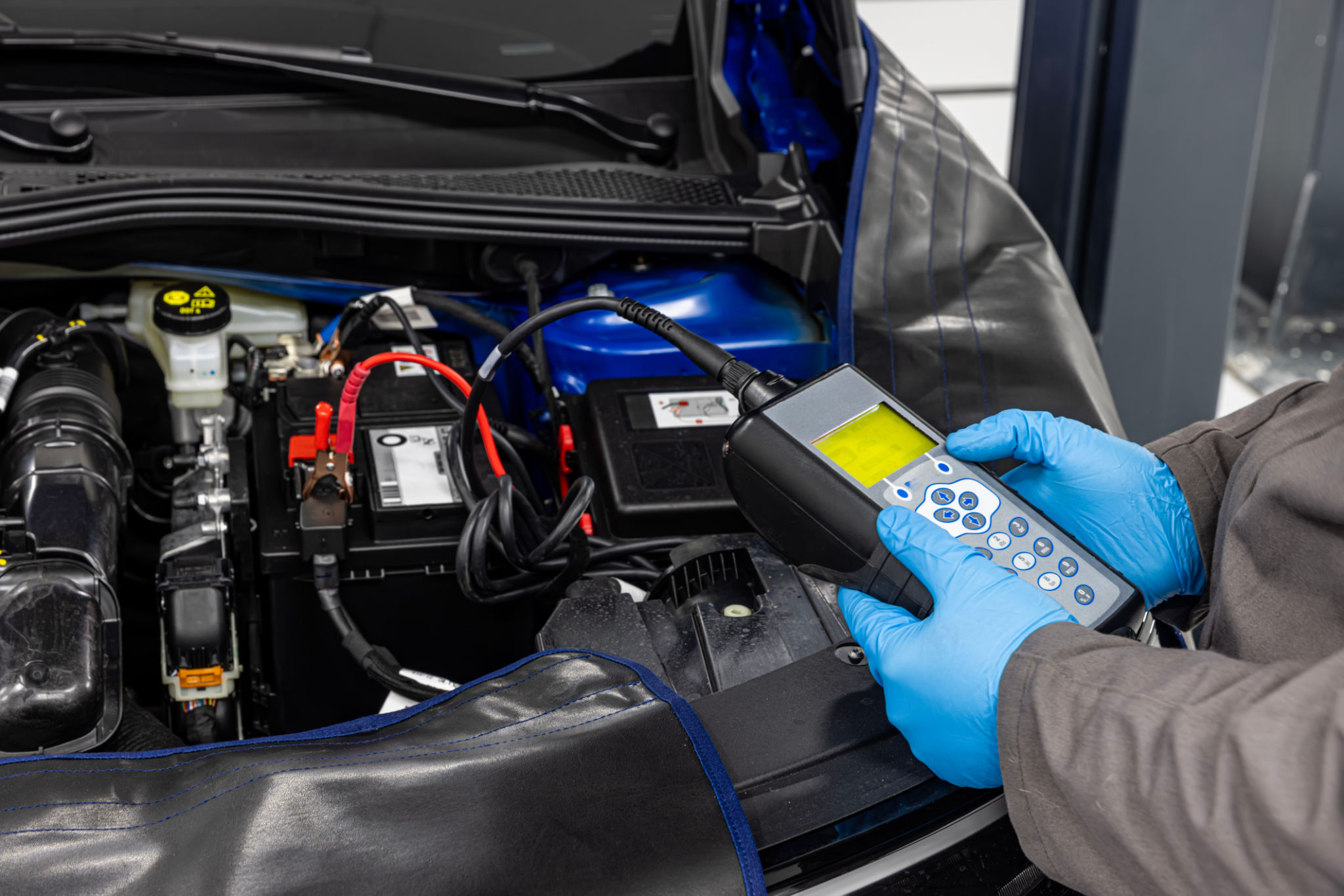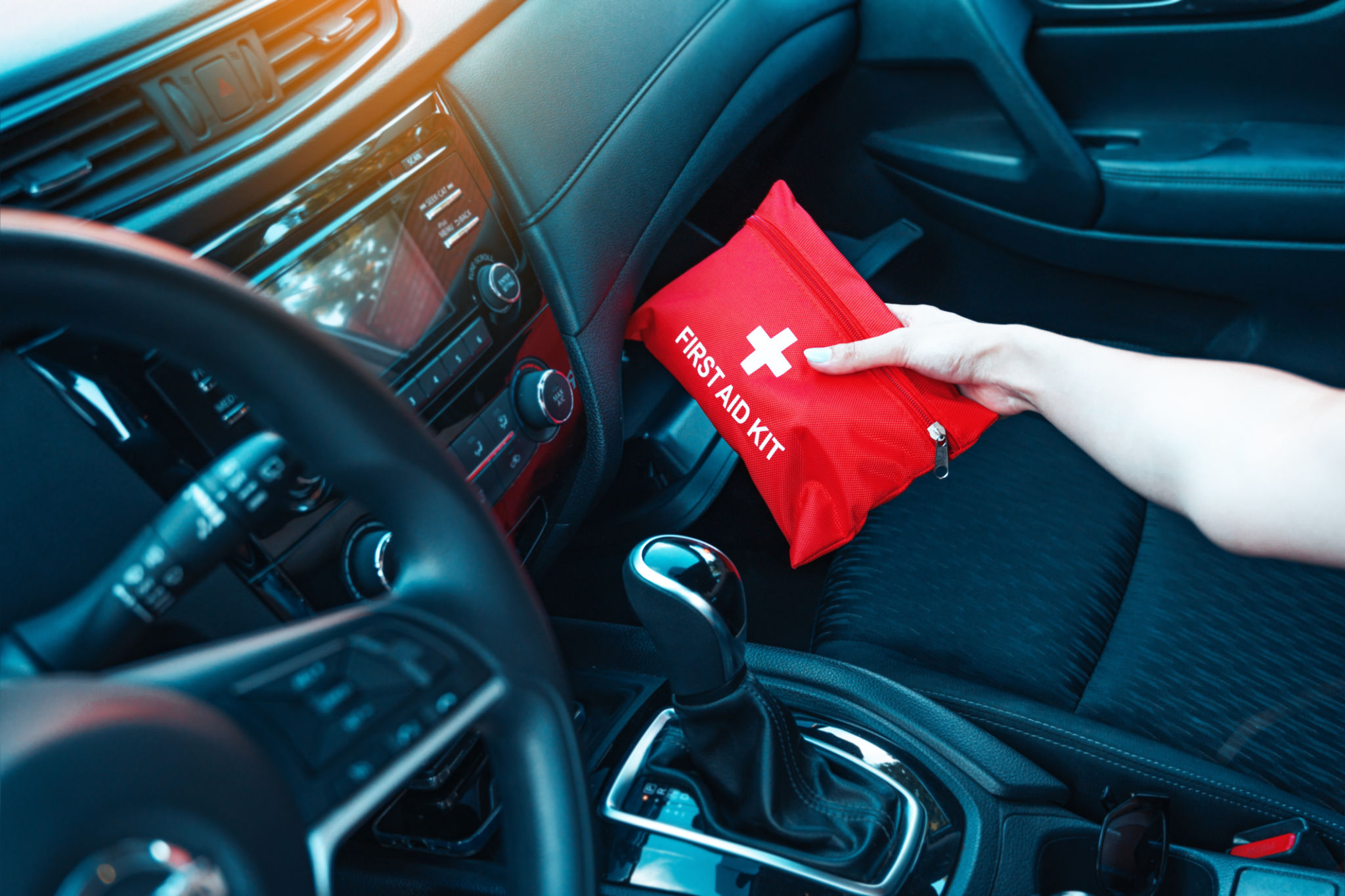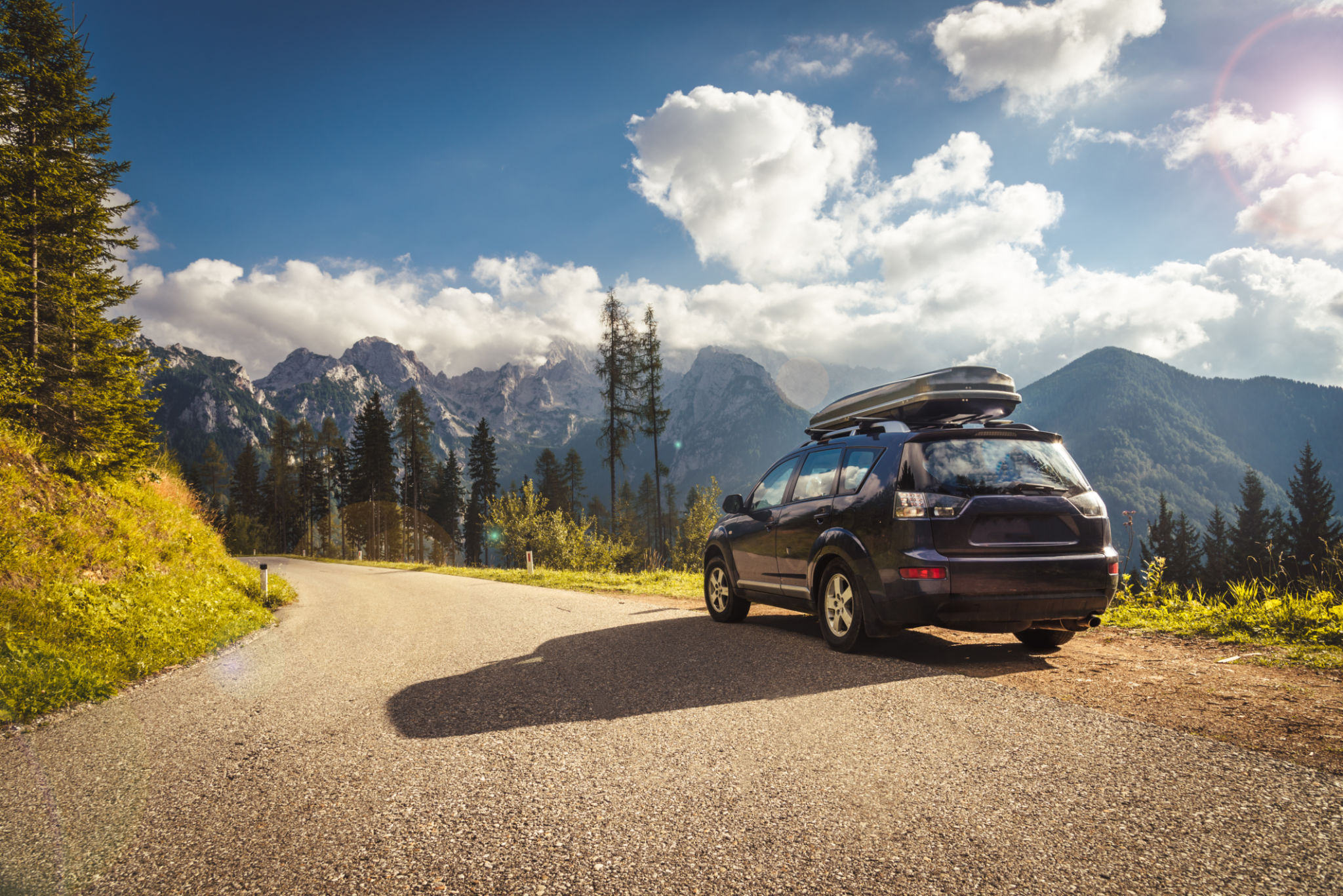How to Prepare Your Vehicle for a Road Trip: Expert Tips from Oil To Geaux
Check Your Vehicle's Fluids
Before hitting the road, it's crucial to check the essential fluids in your vehicle. Start with the engine oil, as it plays a key role in keeping your engine running smoothly. Make sure the oil level is adequate and consider getting an oil change if the oil is dirty or nearing its mileage limit. Don't forget to check other fluids too, such as coolant, brake fluid, power steering fluid, and transmission fluid. Ensuring these are at optimal levels can prevent unexpected breakdowns.

Inspect Tires for Safety
Tires are your direct contact with the road, so their condition is paramount for safety and fuel efficiency. Check the tire pressure using a tire gauge and inflate them to the recommended PSI number. Inspect the tread depth to make sure your tires have enough grip for wet or uneven surfaces. Don't overlook the spare tire; it should be in good condition and properly inflated as well.
Test Your Battery
A dead battery can quickly ruin your travel plans. Test your vehicle's battery with a multimeter or visit a local auto shop for a quick checkup. Look for signs of corrosion on the battery terminals and clean them if necessary. If your battery is more than three years old or shows signs of weakness, consider replacing it before your trip.

Evaluate Brakes and Lights
Reliable brakes are non-negotiable for a safe road trip. Listen for any unusual noises when applying brakes and check for vibrations or delayed responses. If any issues arise, have them inspected by a professional. Additionally, test all lights on your vehicle, including headlights, taillights, brake lights, and turn signals. Replacing any burnt-out bulbs can prevent accidents and ensure clear communication with other drivers.
Pack an Emergency Kit
Even with thorough preparation, it's wise to be ready for unexpected situations. Pack an emergency kit that includes essentials like a first-aid kit, flashlight, jumper cables, and basic tools. Include water bottles, non-perishable snacks, and blankets to stay comfortable if you encounter delays or breakdowns.

Plan Your Route and Rest Stops
While spontaneous adventures can be fun, having a clear route plan can make your journey more efficient and enjoyable. Identify rest stops along your path to take breaks and refresh yourself, reducing driver fatigue. Apps and GPS devices can help you find alternative routes in case of traffic congestion.
Secure Your Belongings
A cluttered car can be both distracting and dangerous. Secure all luggage and gear properly to prevent them from becoming projectiles during sudden stops or accidents. Use bungee cords or cargo nets in the trunk. Keep essential items like maps, snacks, and water easily accessible without having to rummage through bags.
Final Checklist Before Departure
Before you embark on your road trip, do a final checklist to ensure nothing has been overlooked. Double-check that all car doors are securely closed and locked. Confirm that your registration and insurance documents are up to date and stored in the glove compartment. Finally, make sure your mobile phone is fully charged, and consider carrying a portable charger for emergencies.

